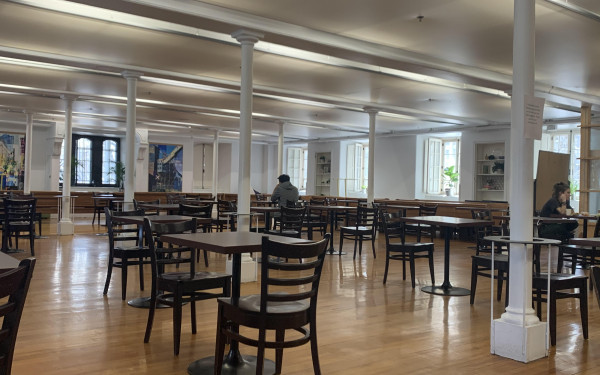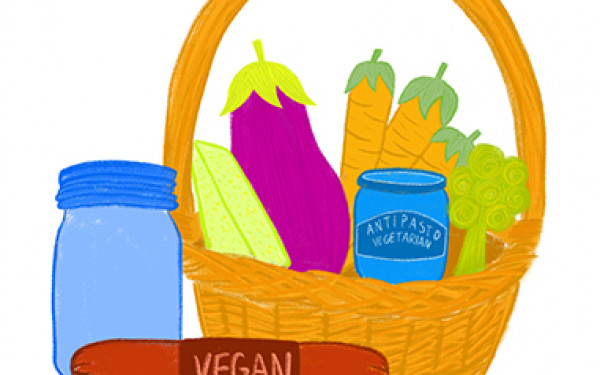Concordia renews contract with notorious prison food provider
Concordia students have posted images to social media depicting the inadequate meals they were served on campus. Photos Courtesy @greynunsfoodfancy on Instagram
Concordia’s food provider, Aramark, serves anything but good, sustainable food
In April 2021, Concordia’s Board of Governors announced that its food contract would be renewed with Aramark until May 2026, with the possibility of a two-year extension.
Aramark is a multinational company providing food, facility and uniform services to 19 countries worldwide. Among all the services offered, it is notorious for being the largest food provider in U.S. private and public prisons, accounting for more than 500 prisons as of 2018. “They are prison food providers for the most part, they provide poor quality, expensive food,” said Caleb Woolcott, board member of the Concordia Food Coalition, during a November CSU town hall meeting.
The company was awarded the contract after going through a Request for Proposal—a purportedly “transparent” and “competitive” process in which the administration chose a provider from bids made by various food service companies, explained Concordia spokesperson Vannina Maestracci. “Aramark won the tender based on both quality and price, and they have shown their willingness to work with us moving forward in a way that respects Concordia’s commitment to sustainability while also meeting the preferences of our community,” she said.
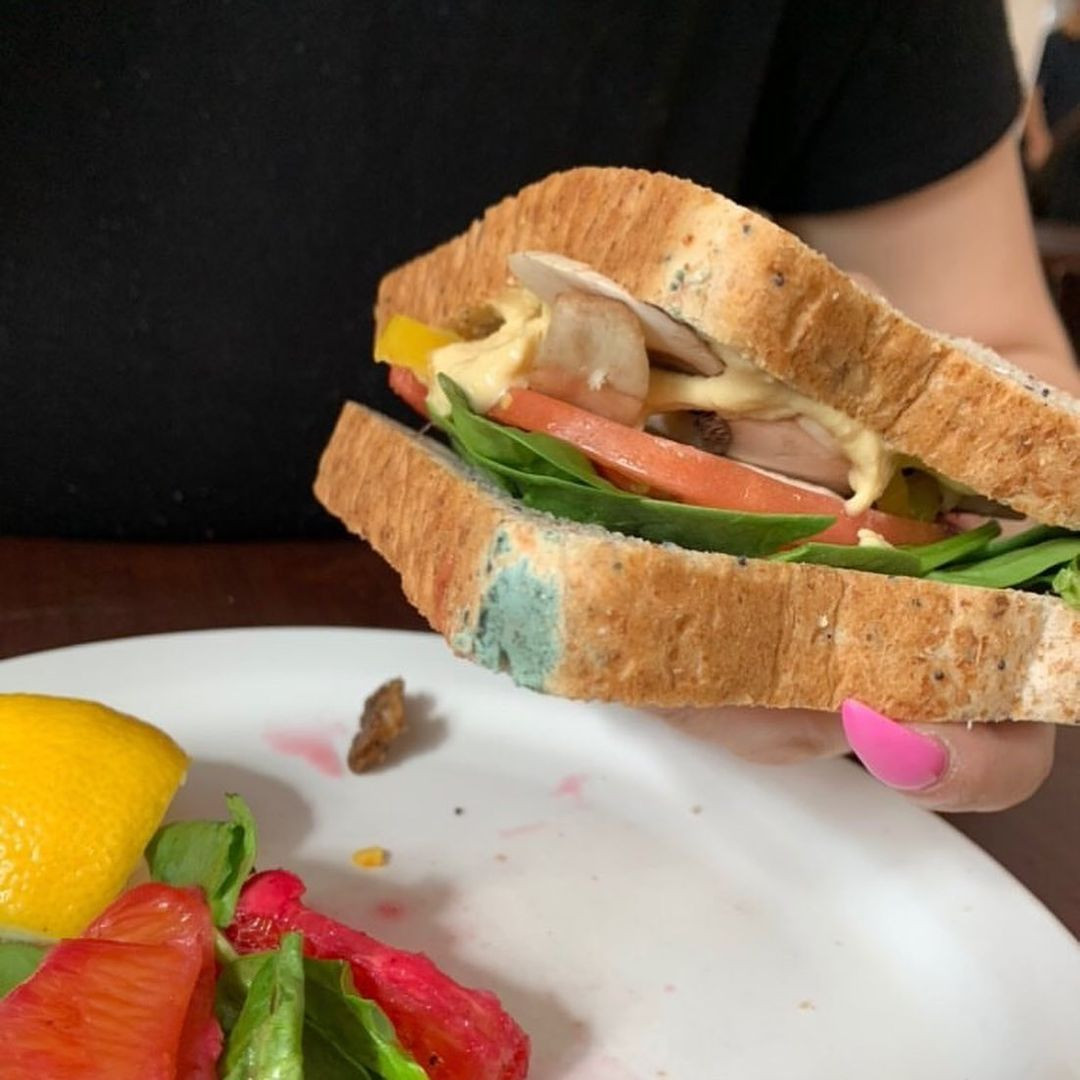
Aramark is the largest food provider on Concordia’s campus. “The contract represents 3,000 meals a day, including the dining halls for residences which serve meals 3 times a day, 7 days a week,” Maestracci added.
The decision to continue working with Aramark was not met without its criticisms. “Like many of the advocates representing student groups and fee levies on campus, I am indignant and deeply frustrated by the results of the recent RFP,” said CFC Executive Director Shylah Wolfe.
Concordia social science professor and PhD candidate researching food groups on campus and food sovereignty, Erik Chevrier, felt the same way. He said that the results of the RFP were disappointing but unsurprising, as he knew Concordia would opt for a large, multinational food provider, whether that be Aramark, Chartwells, or Sodexo.
When The Link asked multiple residents for their thoughts on the food provided, none had positive experiences to share. “The food is edible but not enjoyable,” said Jesse Cornell, who spent the past year at Grey Nuns. Lacey Boudreau, a first-year student at the School of Community and Public Affairs, said that there is a lack of diverse meals to accommodate dietary restrictions, and has even been served raw meat on a few occasions.
“They are prison food providers for the most part, they provide poor quality, expensive food.” — Caleb Woolcott
Many students have even ridiculed the food served via social media. Two Instagram pages, @greynunscaf and @greynunsfoodfancy, have posted numerous shocking photos of the dishes served to students. Many posts display uncooked chicken, moldy bread, bug-infested meals, and unwanted particles in the food, including pieces of plastic and hair.
Maestracci said that all students are encouraged to voice any concerns involving the food quality. Students may provide feedback through the anonymous app “Napkin Talk” and bring up concerns during “Table Talks,” meetings held twice per semester with residents, Aramark representatives, and the Concordia Food Services.

Boudreau, nonetheless, was critical of the effectiveness of these measures. She said a friend of hers who suffers from celiac disease often went days without eating due to the lack of gluten-free options, despite being promised such alternatives would be always available before moving into the residence.
After bringing up this concern, the administration reportedly suggested that the student should have recognized their celiac allergy beforehand, Boudreau recounted. “For me, personally, that really deterred me from ever going to them again to ask them for any kind of help [with] anything. I have allergies myself and there were lots of times where I had very limited options and I knew I would be sent back with the exact same answer.”
Students have been encouraged to reach out to the administration directly and to contact the on-site dietitian if they have dietary restrictions, Maestracci added.
Shortly following the news of Aramark’s contract renewal, residents of Grey Nuns, Hingston Hall, and Jesuit Residence wrote an open letter to call on the administration and the company to make significant changes. Their demands included providing diverse food options, accommodating food restrictions, and reducing the price of the low-quality meal plan.
The residents who signed the open letter, including Boudreau, were then approached by Lauren Farley, Director of Residence Life, and Oliver de Volpi, Manager of CFS, to elaborate on these complaints. Boudreau left the meeting feeling as though the administration did not fully grasp the bigger issue at hand.
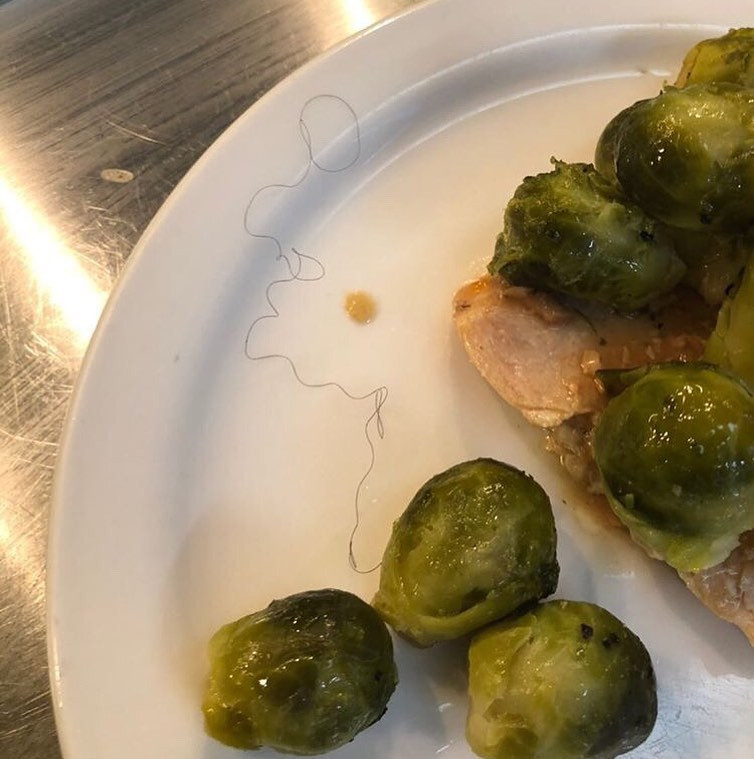
Criticisms of Concordia’s affiliation with Aramark go beyond the food served. “It is not so much the food quality anymore. It is the fact that Aramark is an entire exploitative corporation. We have to pay them and there is no way we can opt out,” Boudreau explained.
Over the past decade, the corporation faced a number of controversies. In 2015, the State of Michigan abruptly ended its arrangement with Aramark after the company was unable to provide the food required under the contract.
In 2019, inmates at Santa Rita Jail in California sued Aramark for their health code violations, claiming their food was “infested with rodents, insects and bird droppings” and “inedible” due to poor storage conditions.
A few months later, Aramark faced yet another lawsuit after an inmate at a Michigan prison accused the company of not providing alternative food options to accommodate his peanut and fish allergies, leaving him to suffer “severe allergic reactions and lasting physical harm,” as stated in the case. Aramark has also faced accusations of employee misconduct and labour law violations.
“These are not meaningful changes towards sustainability—these are compromises to secure business and revenue.” — Shylah Woolf
Among all the allegations surrounding Aramark, the CFC is most concerned with the company’s lack of sustainability. “Aramark sources food at the cheapest possible cost, from far away vegetables to low-quality meats […] So by choosing Aramark, [Concordia is] actively going against their stated goals of sustainability,” said Woolcott.
Nonetheless, Concordia continues to defend its decision. “The new contract with Aramark is very different and goes further in meeting the university’s local purchasing and sustainability targets,” said Maestracci. She explained that the company is working towards prioritizing sustainability by offering more plant-based meals, serving local produce and less greenhouse gas emissions-intensive foods, reducing waste, fighting food insecurity, and introducing new student opportunities.
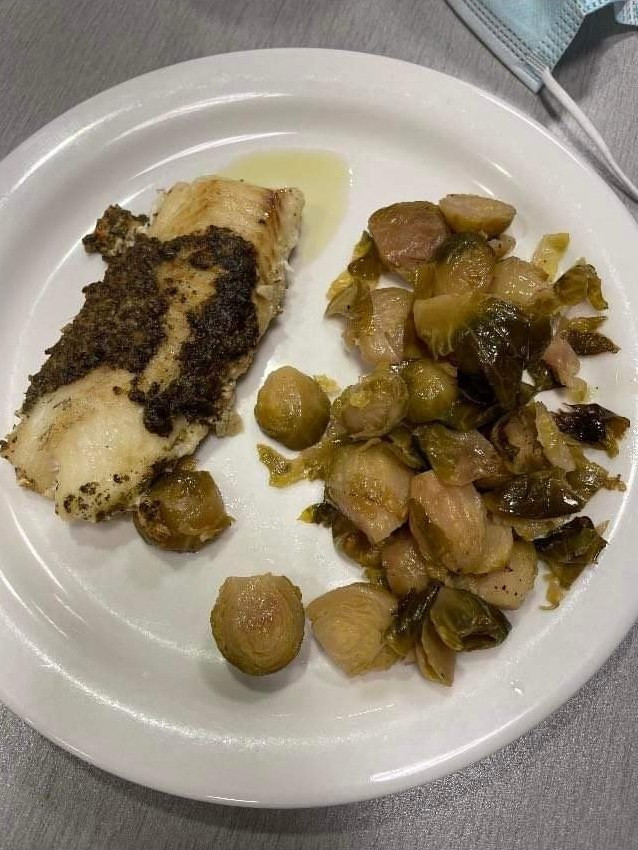
Wolfe said that even if Aramark is contractually bound to provide sustainable food to Concordia, the administration should not condone a corporation that continuously engages in exploitative practices. “These are not meaningful changes towards sustainability—these are compromises to secure business and revenue,” she said referring to Aramark’s contract details.
Woolcott also pointed out Aramark’s exploitative labour practices. “Aramark employs largely international students who cannot work off-campus. [They] pay them minimum wage, thereby keeping them in exploitative situations. In some cases, they pay people less than minimum wage as they automatically deduct a meal from everyone’s wage, even if someone brings their own meal to work.”
Meanwhile, food groups around campus have already begun working on an alternative food plan for 2026, said Chevrier, who is also the former President and Chair of the CFC, and the current Farm and Education Coordination of CultivAction – a non-profit local farm.
The CFC previously presented a proposal to the administration to create a community-centered distribution outlet to replace Aramark. This idea was inspired by University of Winnipeg’s Diversity Food Services which seeks to provide sustainable, local food as well as meaningful employment and ownership opportunities to the community. “We were actually looking at modeling ourselves off of them […] and we made an arrangement where we could have been chaperoned by them,” explained Chevrier.
However, this plan was later rejected. The CFC was told by the administration that this alternative was too risky as it can lead to liability issues and it was best to rely on RFP instead, making only cosmetic changes to the process, Chevrier said. “Our advice to [the administration] was that they were going to get the same results [through RFP], and they totally did,” he said.
“The administration continues to turn to large operators because of fear of the unknown ... and unfortunately, that leads them to bargain in bad faith” — Shylah Wolfe
Chevrier said that the constraints imposed on bidders, specifically those related to sustainability, have low thresholds to encourage as many companies to compete. There are also several limiting clauses, including obliging bidders to have 5 million dollars in sales, making it nearly impossible for smaller companies to compete, explained Chevrier.
Maestracci stated that Concordia approached smaller Quebec companies to bid, but in the end, only four bidders, all from large conglomerates, competed in the process as the pandemic made it difficult for many in the food services industry to fulfill the contract.
“The administration continues to turn to large operators because of fear of the unknown [...] and unfortunately, that leads them to bargain in bad faith with the student and community stakeholders they claim to be collaborating with,” said Wolfe.
Aramark has not responded to any of The Link’s requests for an interview.


